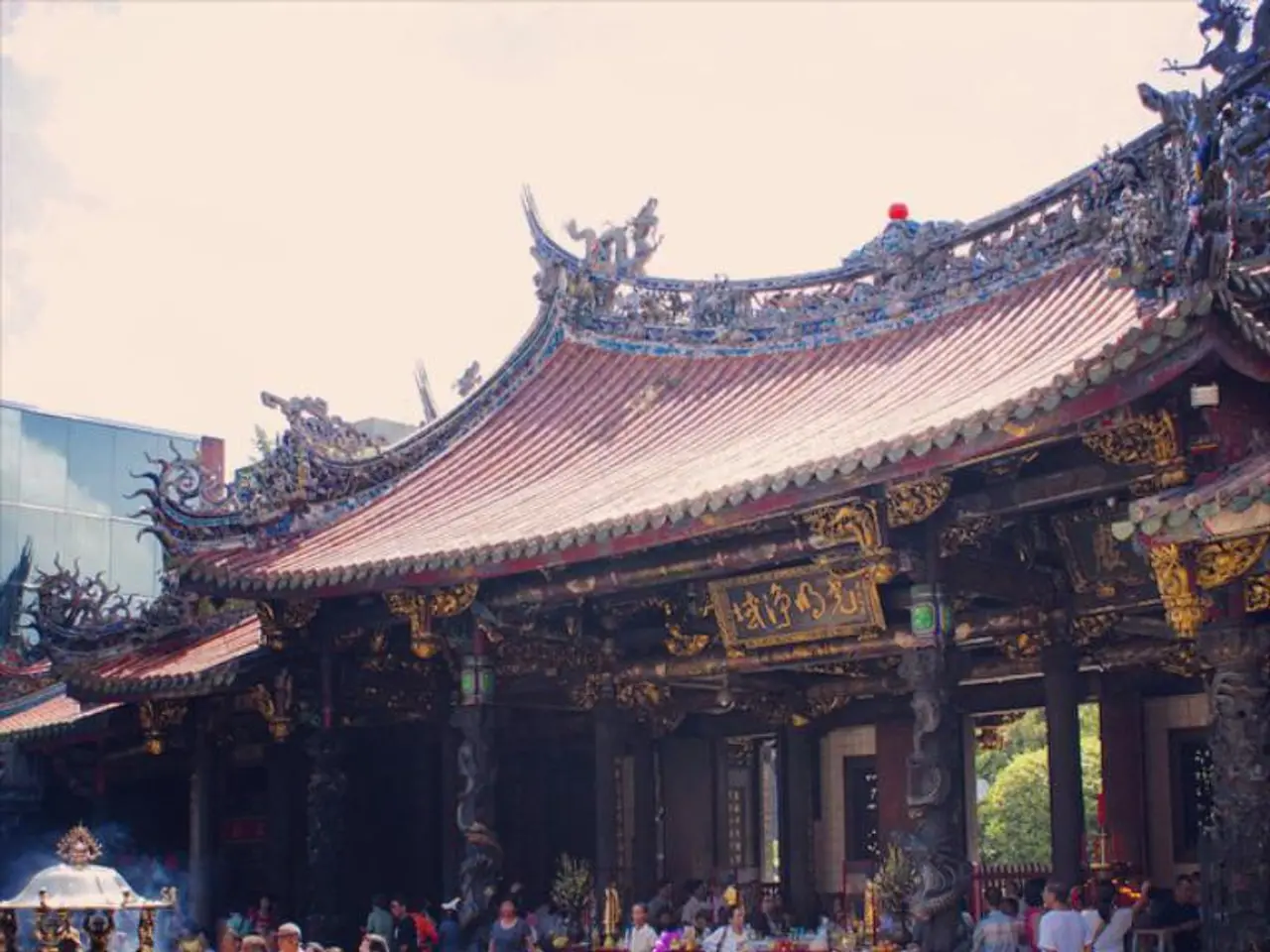Japanese Steel Industry Pushes for Government to Address Anti-Dumping Gaps
In a pressing concern for the Japanese steel industry, the Japan Iron and Steel Federation and other industry groups have urged the Japanese government to establish a system to prevent Chinese steel from evading anti-dumping duties. The groups claim that efforts to avoid these duties on Chinese steel exports are rampant, and the current situation allows for such evasion.
The groups have not specified the details of the proposed measures, but they have emphasized the growing need for countermeasures due to increasing pressure from Chinese steel exports to Japan. They argue that the proposed anti-dumping tariffs would be ineffective without addressing the methods used to avoid them, such as shipping through third countries or minimal processing of the steel.
Japan and Indonesia are the only members of the Group of 20 major economies without a system to combat efforts to avoid anti-dumping duties, particularly concerning transshipment circumvention. This gap exists because their existing laws require separate, lengthy investigations for cases of circumvention, making them too slow and ineffective compared to more agile systems in other G20 nations.
The lack of a specific anti-circumvention system partly stems from internal policy debates where some officials fear such measures could be viewed as protectionist, slowing official action. Discussions on closing this loophole have taken place but have not yet resulted in concrete legislative changes, with expectations for further consideration after September 2025.
Indonesia faces a similar situation, also lacking a system to prevent circumvention of anti-dumping duties, but specific reasons for Indonesia's stance are less detailed in the available sources.
The Japanese government is currently studying the possibility of imposing anti-dumping tariffs on Chinese hot-dip galvanized steel sheets. However, the groups maintain that these tariffs may not be sufficient to protect the Japanese steel industry from Chinese exports without additional measures.
The groups believe that the proposed anti-dumping tariffs should be accompanied by measures to combat the identified loopholes. Yet, they have not provided any evidence to support their claims about the ineffectiveness of the proposed tariffs without combatting the loopholes.
The groups are urging the Japanese government to act soon to prevent the exploitation of loopholes in the anti-dumping duties system. Despite the ongoing study by the Japanese government, the groups' concerns about the lack of a system to combat efforts to avoid anti-dumping duties persist.
References: [1] Asahi Shimbun. (2021, October 15). Japan urged to tighten anti-dumping rules against China. Retrieved from https://www.asahi.com/ajw/articles/14445745 [2] Nikkei Asia. (2021, October 15). Japan urged to tighten anti-dumping rules against China. Retrieved from https://asia.nikkei.com/Business/Japan-business/Japan-urged-to-tighten-anti-dumping-rules-against-China








